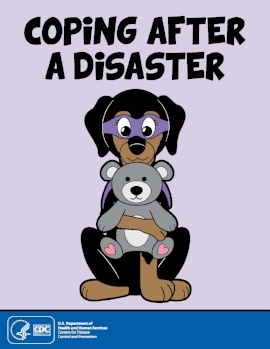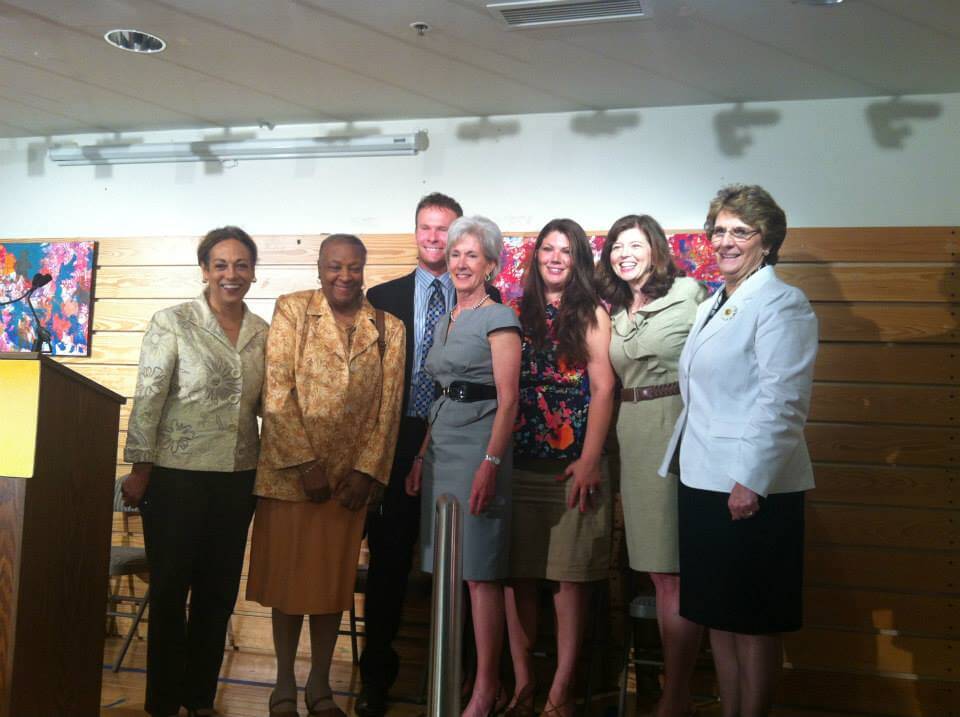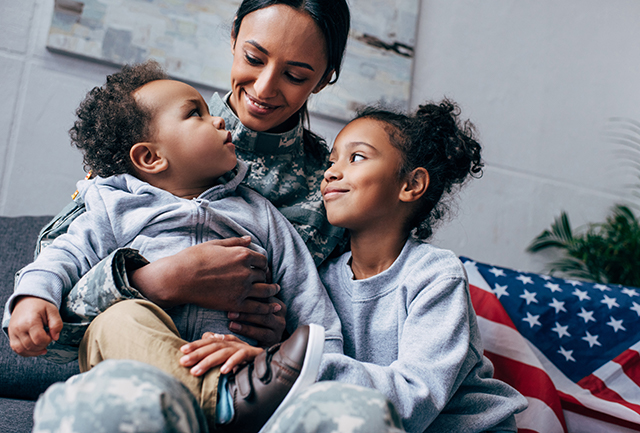 Media, school and adult conversations. What do these items have in common? All of these sources are opportunities for your child to hear and/or learn about disasters. The stories your child hears may prompt worry and questions. Are you prepared to handle these concerns and questions? Here are some tips on how you can help your children cope with such emotions.
Media, school and adult conversations. What do these items have in common? All of these sources are opportunities for your child to hear and/or learn about disasters. The stories your child hears may prompt worry and questions. Are you prepared to handle these concerns and questions? Here are some tips on how you can help your children cope with such emotions.
Maintain your routine. Routines are very important to children. Keeping a regular schedule, especially when the world seems unpredictable, gives your child a sense of reassurance. Comfort lets him know he is safe. Make sure your child gets appropriate sleep, exercise and nutrition.
Avoid too much news media coverage. When a tragic event happens, we can count on the news media picking up the story. Keep in mind, media images can be graphic. If your child is watching television, she may have mixed reactions about the things she is seeing. Depending on the age of your child, she may not have the understanding of time and space yet. As a result, she may assume that what she is seeing on the television is close to home. This may cause the fear that a disaster will hit in your neighborhood.
Answer questions. Children are most afraid when they do not understand what is happening around them. Make sure when you are answering your child's questions, you are calm and respond at their developmental level. Your preschooler's thinking is literal and self-centered. Keep your answers simple and on a “need to know” basis. Too much or too many details may only cause him to be more afraid or concerned. Your school-age child can be given a more detailed response. You may sit down with him to explain what happens during an earthquake or a flood.
Get children involved in the effort. If you child feels like she wants to help those in need, let her. Find a local, or even national, organization or charity that is working to help those affected by the tragedy. This will show your child how people around the world are working together to help those in need. Ask your child what she would like to do. There are many things your child can do to be part of the relief efforts.





